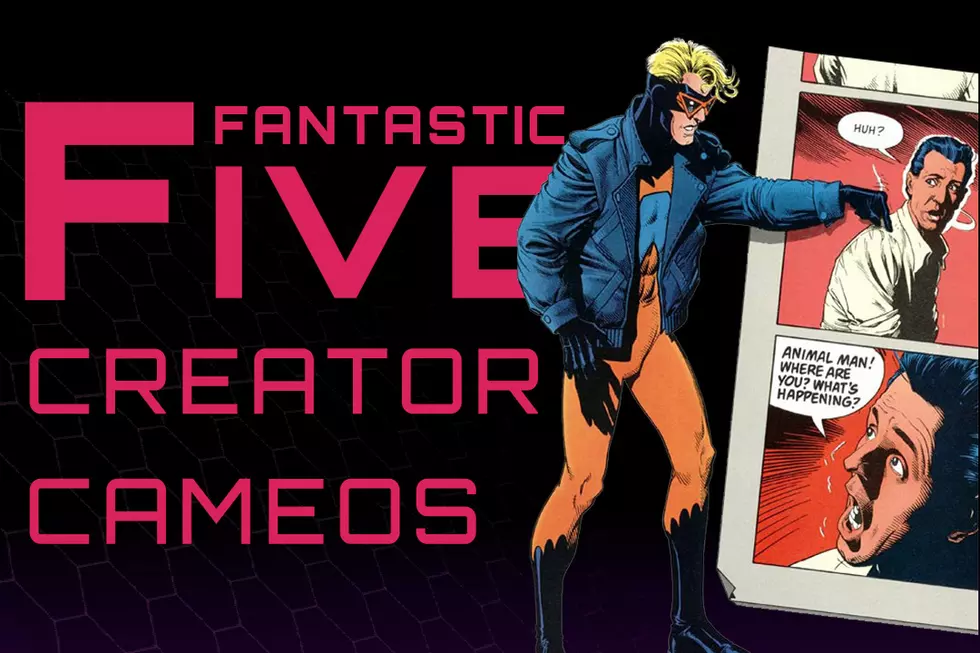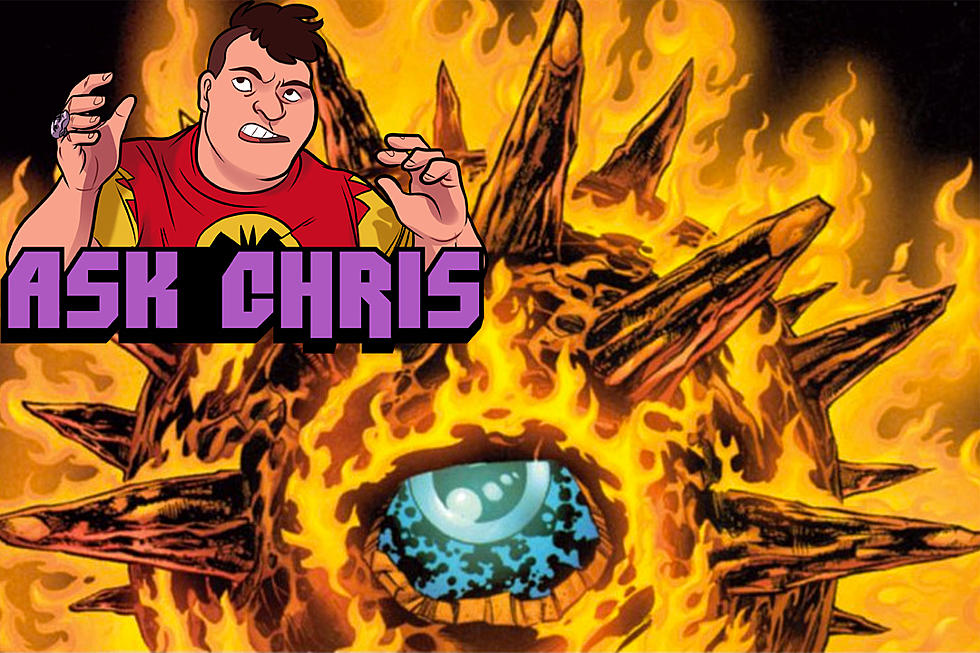
Judge Rules Jack Kirby’s Heirs Have No Claim to Marvel Copyrights

A New York federal judge ruled today that the heirs of the late Jack Kirby, creator and co-creator of such enduring Marvel Comics superheroes including the Fantastic Four, X-Men, the Hulk and more, have no legal claim to the copyrights of those characters. Judge Colleen McMahon issued a 50-page decision that took pains to make clear that regardless of whether Kirby was the creator or co-creator of the works in question (which he was), she determined his labors were performed as work-for-hire under the provisions of Copyright Act of 1909.
As such, Marvel and its parent company Disney remain the full owners and in complete control of Kirby's creations, and may continue to exploit them as they see fit.Judge McMahon's decision addressed testimony from witnesses who "challenged the credibility" of Stan Lee, Kirby's former collaborator, who testified on behalf of Marvel's interests. In the end, she determined that "general attacks on Lee's honesty or credibility, without more, are insufficient to raise a genuine issue of fact," and that such testimony couldn't conclusively speak to whether Lee or Marvel was dishonest with Kirby with respect to the nature of Kirby's work agreements.
From McMahon's decision:
"At the outset, it is important to state what this motion is not about. Contrary to recent press accounts [including two pieces in the New York Times], this case is not about whether Jack Kirby or Stan Lee is the real 'creator' of Marvel characters, or whether Kirby (and other freelance artists who created culturally iconic comic book characters for Marvel and other publishers) were treated 'fairly' by companies that grew rich off the fruit of their labor. It is about whether Kirby's work qualifies as work-for-hire under the Copyright Act of 1909, as interpreted by the courts, notably the United States Court of Appeals for the Second Circuit. If it does, then Marvel owns the copyright in the Kirby Works, whether that is 'fair' or not. If it does not, then the Kirby Heirs have a statutory right to take back those copyrights, no matter the impact on recent corporate acquisition or on earnings from blockbuster movies made and yet to be made."
Kane Kessler, PC attorney Brendan McFeely is an intellectual property specialist active in the comics field, having represented comic book publishers, independent filmmakers and animation studios. He speaks regularly at Comic-Con International in San Diego, on the "Breaking Into Hollywood" panel, giving advice to young creators seeking to protect their work during the occasionally treacherous pitching process. He provided ComicsAlliance with the following insight into this important case:
"The Kirby heirs were obligated to prove by a preponderance of the evidence that Kirby's Marvel work was not work-for-hire, and despite martialling the support of several industry experts, they were unable to do so. It seems likely that much of the Kirbys' evidentiary submissions actually undercut their case, based on the Court's dissection of the evidence in the ruling. The Court essentially had no option but to rule in favor of Marvel."
McFeely believes it's likely that the Kirbys will appeal the decision.
The Kirbys' attorney Marc Toberoff is also representing the heirs of Superman co-creator Jerry Siegel in their dispute with DC Comics parent Warner Bros. over ownership of the Superman copyright, and it remains to be seen how Judge McMahon's decision will affect the Siegels' litigation.
You can read Judge McMahon's complete 50-page decision below, courtesy of Bleeding Cool.
More From ComicsAlliance




![Super7 ReAnimates Alien and Predator, Masters More of the Universe [Toy Fair 2017]](http://townsquare.media/site/622/files/2017/02/IMG_2000.jpg?w=980&q=75)

![The Wild, Tear-Filled World of Heartbreak: The Best Romance Comic Covers Ever [Love & Sex Week]](http://townsquare.media/site/622/files/2017/02/featured1.png?w=980&q=75)


